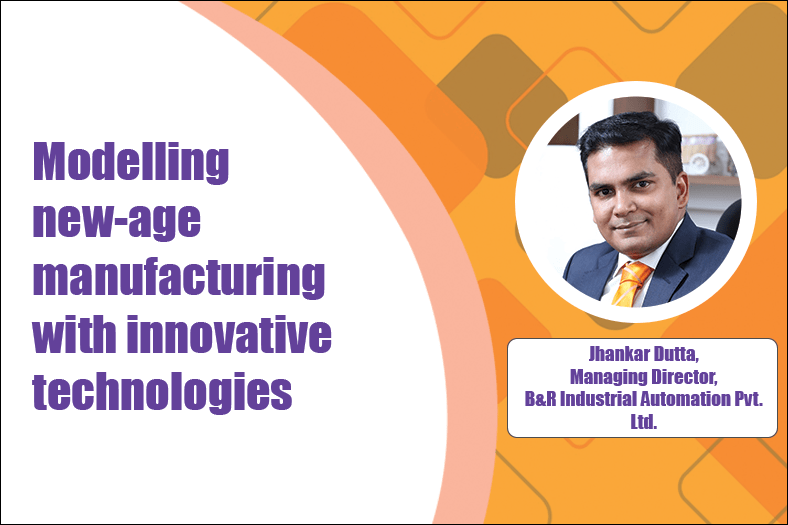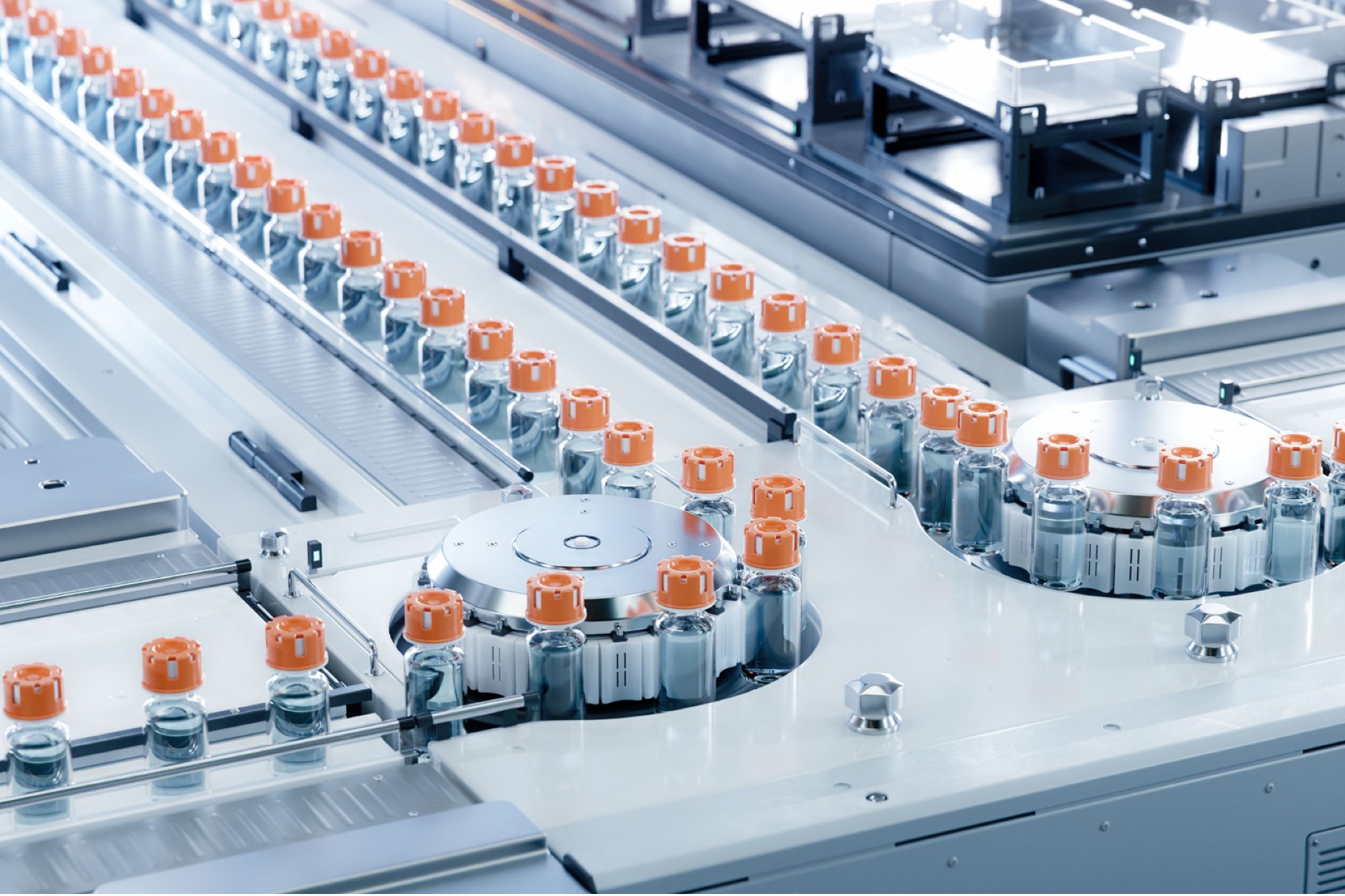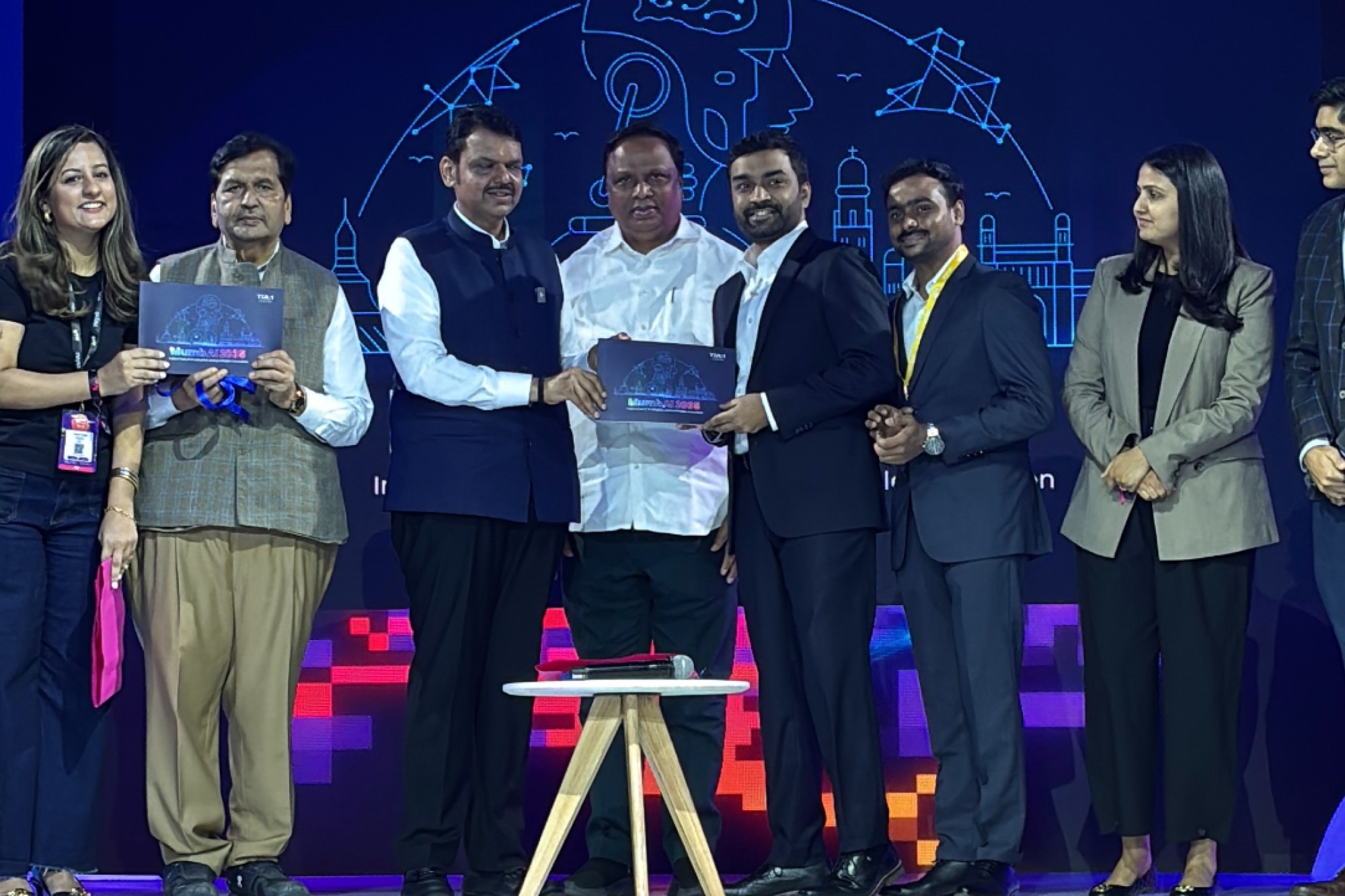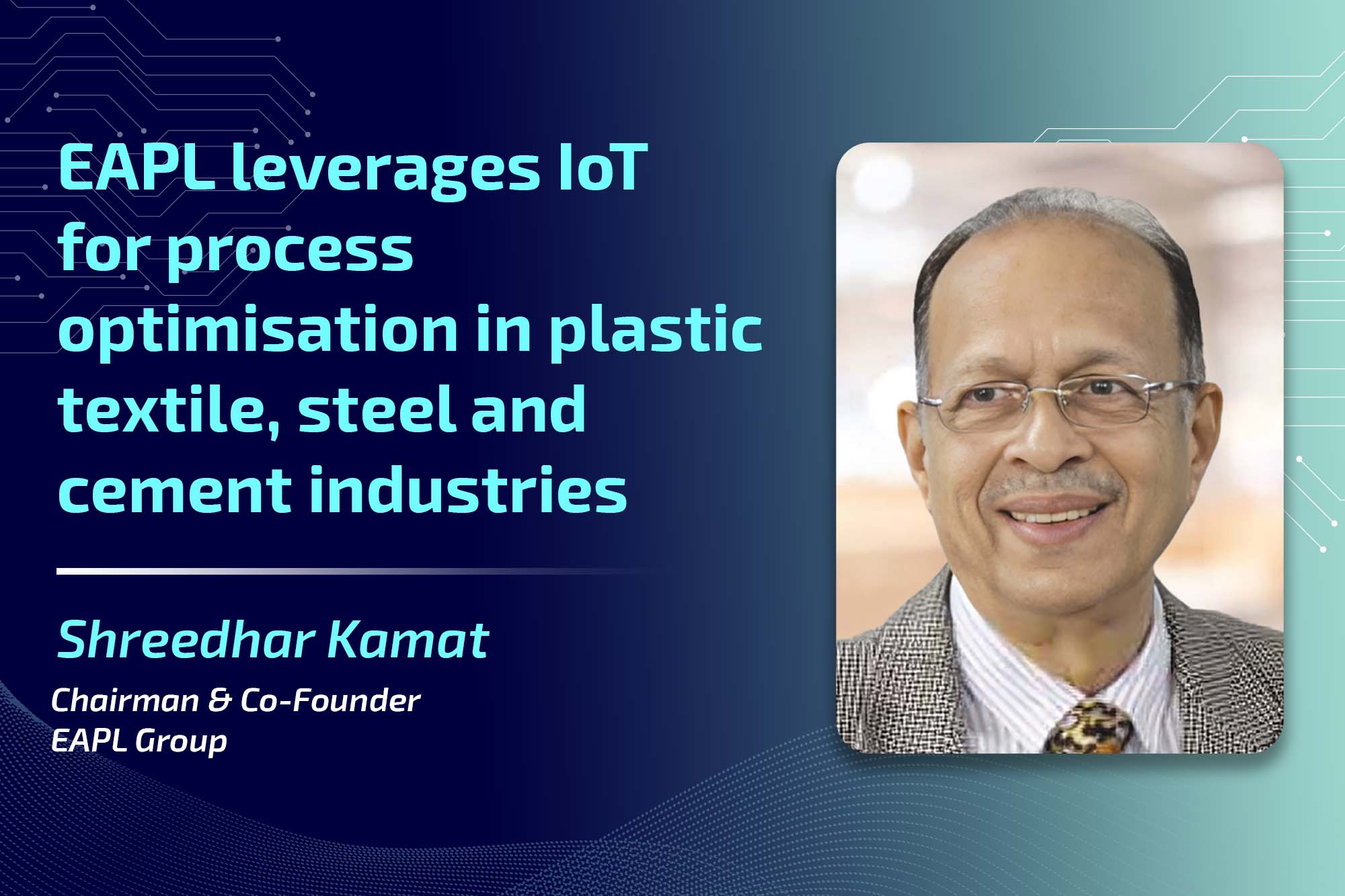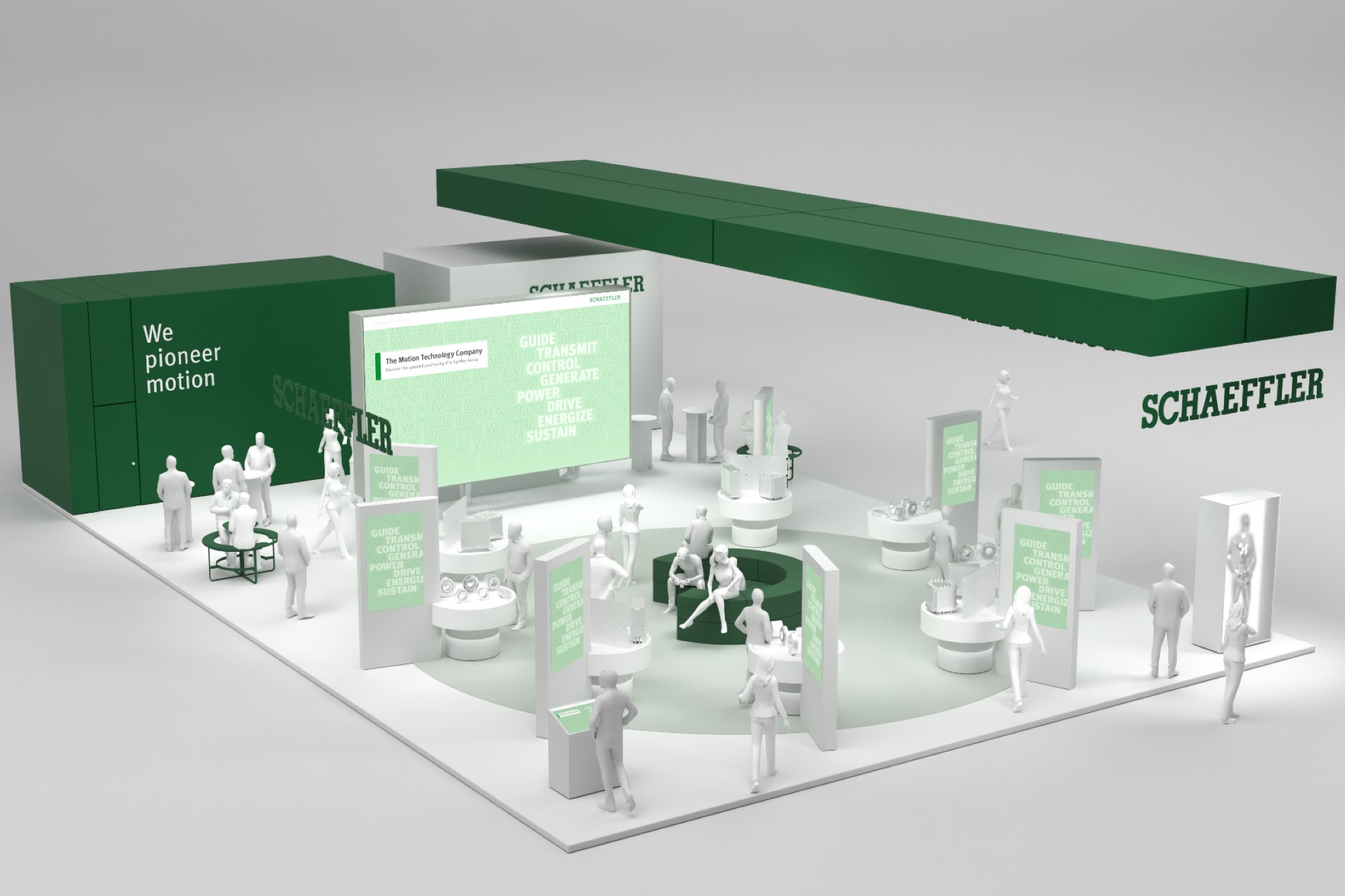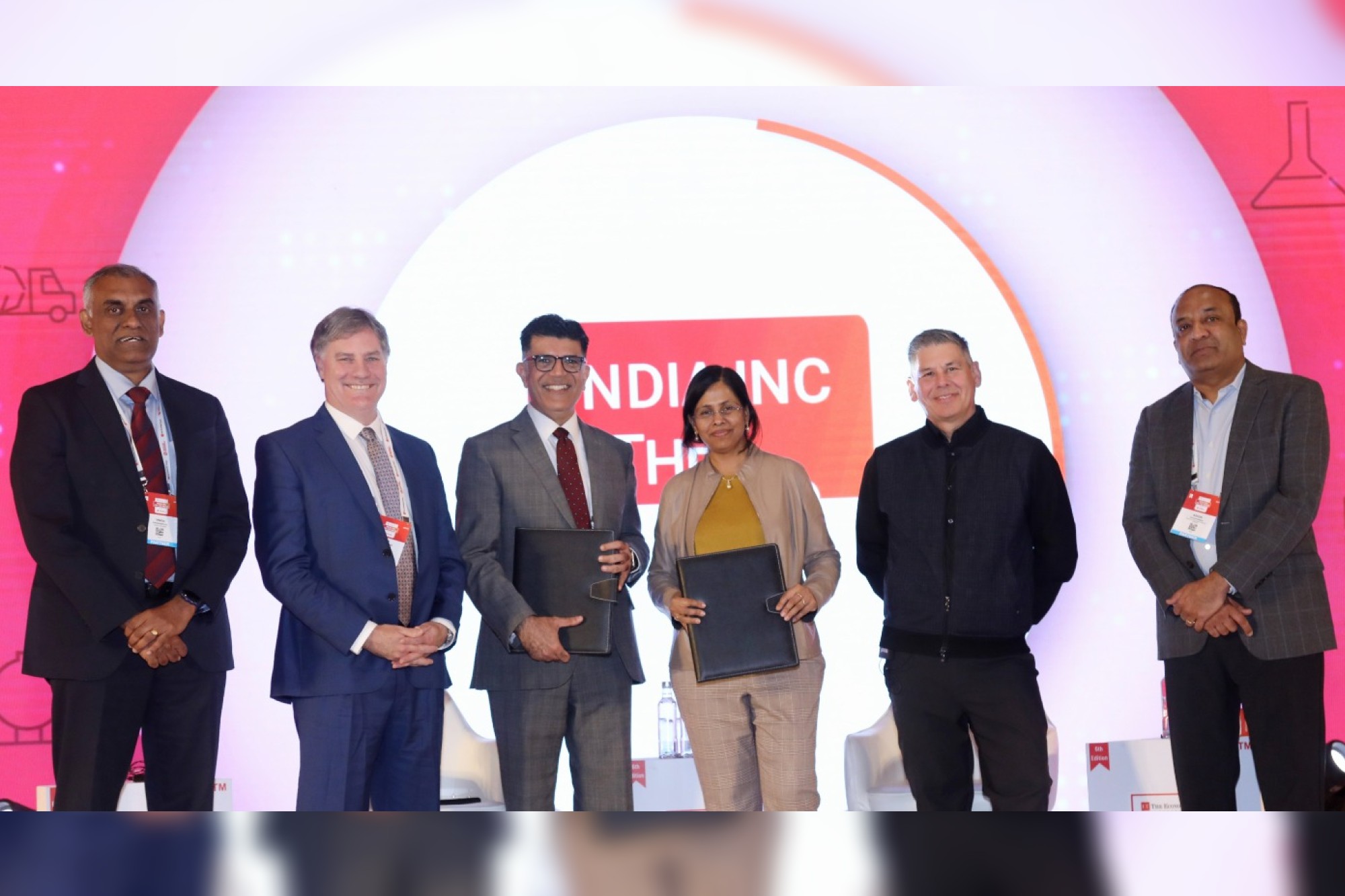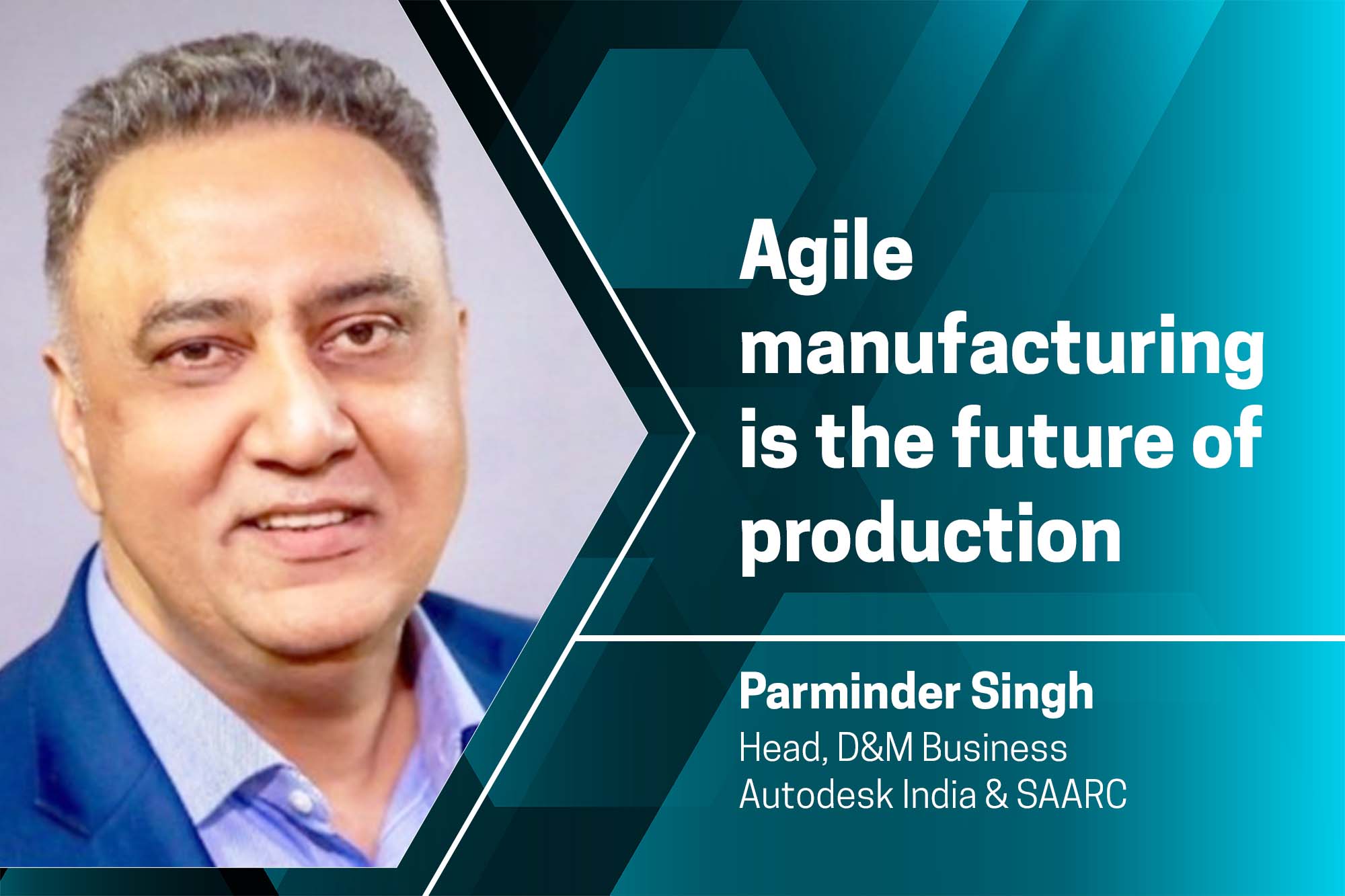Modelling new-age manufacturing with innovative technologies
By OEM Update Editorial June 9, 2021 1:43 pm IST
Advanced technologies make it possible to integrate older, digitally isolated machines into smart, connected manufacturing solutions.
Jhankar Dutta, Managing Director, B&R Industrial Automation Pvt. Ltd., during an interview with OEM update explains how automation, industry 4.0 and allied technologies has been helping industries create smart and connected solutions for enhanced manufacturing.
Embracing industry 4.0 and Industry 5.0 in Indian manufacturing
Industry 4.0 was a fascinating topic for Indian manufacturers. However, with the pandemic, things have changed a lot, and fasciation has transformed into the need of an hour. While many Indian manufacturers are looking for ways to survive the pandemic, those who have already adopted the technology are more likely to sustain and recover faster than the others.The work from home culture has bought the remote working environment even into the factories and data into their worktops. Manufacturers are able to remotely monitor the condition of equipment and look for indicators of forthcoming failure. This has led to the implementation of more advanced automation and digitalisation to have a real-time view of factory and business. So, with these positive changes, it is now safe to say that Industry 5.0 is already on the horizon to create a more robust connection between human and the machine.
Major areas of transformation and business prospects with AI and robotics
Bridging the manufacturing technology gap with AI, ML and roboticsIndustry 4.0 and allied technologies are helping Indian industries make strides in manufacturing.There is no denying that Industry 4.0 technologies have made factories smarter, more agile, and safer.Integration of new technologies like AI, 3D printing, machine learning, and robotics within the factory heralds a new age of manufacturing. It has brought the change in Indian manufacturing that would have been unimaginable just a decade ago, resulting in increased speed, customisation, precision, and efficiency. Advanced technologies make it possible to integrate older, digitally isolated machines into smart, connected manufacturing solutions. There are many solutions available in the market which can help unconnected devices and lines to upgrade for modern smart factory solutions with unprecedented ease and without changing the existing hardware and software. With decreased labor costs, increased efficiency, minimum waste, and improved quality, the future factory will be cheaper and more environmentally friendly.
Challenges for SME and MSME in adopting digitalisation and automation
Lack of knowledge and understanding about digitalisation, automation, and robotics has resulted in a low percentage of Indian MSMEs adopting technologies into their business. According to the internate statistics, only 34 percent of Indian MSMEs have adopted digital means for efficient manufacturing processes. Lack of knowledge and guidance about digital tools, unknown investment cost, and lack of skilled laborers are key challenges towards adopting digital technologies in SME and MSME sectors.
Due to pandemic, social distancing and hygiene have become a priority, and deploying robots can reduce the contact between humans working on shopfloors, where space is often a constraint. With the further transformation of technology, robots no longer need to be bounded by cages. This has resulted in space-saving. Humans and robots are seen collaborating on various activities on the shop floors with all necessary safety mechanisms in place. Based on human proximity and touch, the robots take required actions to reduce speeds, torque, etc., and provide a safe operating environment for humans in their vicinity. The robot can restart its activities as soon as there is no human in its proximity or a human touching the robotic arm. Such cobots (collaborated robots) are increasing their presence thick and fast on shop floors. Robots are also seen mounted right above a shop floor operator without worrying about accidents, which was unthinkable a couple of years back. Robots are the most flexible way introduced to the manufacturing industry to quickly reconfigure the shopfloor operations for new products and processes. Lower footprints, ease of deployment and re-programmability for small batch production runs, quick ROI, and plug-and-play options are some of the inherent advantages of the Indian industry to look for robots and industry 5.0 implementation.
Cookie Consent
We use cookies to personalize your experience. By continuing to visit this website you agree to our Terms & Conditions, Privacy Policy and Cookie Policy.



